From Polyglot to Software Engineer, or Somewhere In Between
17 Jan 2018Humble Beginnings
 My journey as a software engineer and developer began unassumingly enough. As a young and inexperienced lab technician at the Hawaii Cooperative Fishery Research Unit, I began to grow weary of spending day after day sawing away furiously at dead groupers, leaving the lab covered in scales and fish offal. Somehow, I had imagined that life as a marine biologist would be more glamorous than this.
My journey as a software engineer and developer began unassumingly enough. As a young and inexperienced lab technician at the Hawaii Cooperative Fishery Research Unit, I began to grow weary of spending day after day sawing away furiously at dead groupers, leaving the lab covered in scales and fish offal. Somehow, I had imagined that life as a marine biologist would be more glamorous than this.
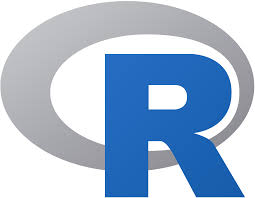 I found solace in performing data analysis utilizing the R programming language and statistical environment. I was mesmerized by how a simple series of text-based commands could compel the computer to produce elaborate charts and figures. I wondered, “what else can I do with this newfound craft of programming?”
I found solace in performing data analysis utilizing the R programming language and statistical environment. I was mesmerized by how a simple series of text-based commands could compel the computer to produce elaborate charts and figures. I wondered, “what else can I do with this newfound craft of programming?”
Down the Rabbit Hole
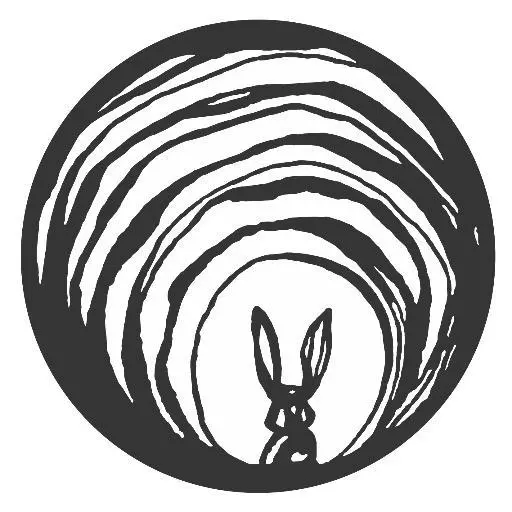 As it turns out, you can get computers to do a plethora of amazing things by sitting down and writing some code. As an avid gamer, I settled on the idea of developing the next successful indie game. To say that this was easier said than done would be an understatement. After a few quick Google queries, I discovered that I needed to learn C++, as that appeared to be the language of choice in the game development industry.
As it turns out, you can get computers to do a plethora of amazing things by sitting down and writing some code. As an avid gamer, I settled on the idea of developing the next successful indie game. To say that this was easier said than done would be an understatement. After a few quick Google queries, I discovered that I needed to learn C++, as that appeared to be the language of choice in the game development industry.
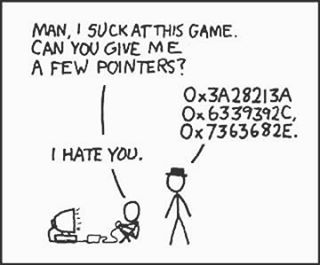 As a complete newbie, C++ turned out to be an incredibly unforgiving language, and I felt discouraged by my inability to grasp some of the quirkier concepts of the language, such as pointers and templates. Additionally, the concept of object-oriented programming was completely over my head at this point. Any dream of implementing a game that other people would feel excited to play felt thousands of miles away.
As a complete newbie, C++ turned out to be an incredibly unforgiving language, and I felt discouraged by my inability to grasp some of the quirkier concepts of the language, such as pointers and templates. Additionally, the concept of object-oriented programming was completely over my head at this point. Any dream of implementing a game that other people would feel excited to play felt thousands of miles away.
Back to Basics
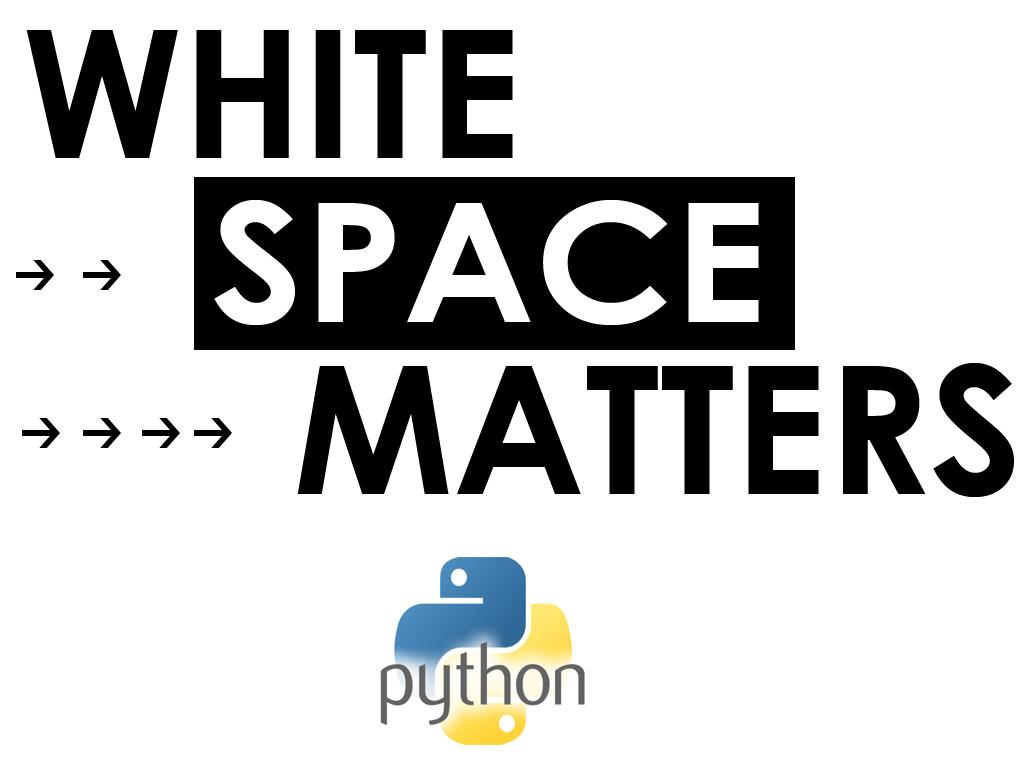 If I was going to become a competent enough programmer, capable of developing complex programs such as games, I needed to start with something simple. I initially chose the Python programming language, after reading numerous recommendations citing its merits as a beginner’s language. Python was certainly much easier for my callow eyes to grok than C++, yet I found that my code was still somehow plagued with frustrating syntax errors. Unsatisfied by my brief excursion in Python, I began to explore the vast ecosystem of programming languages, searching for one to call my own.
If I was going to become a competent enough programmer, capable of developing complex programs such as games, I needed to start with something simple. I initially chose the Python programming language, after reading numerous recommendations citing its merits as a beginner’s language. Python was certainly much easier for my callow eyes to grok than C++, yet I found that my code was still somehow plagued with frustrating syntax errors. Unsatisfied by my brief excursion in Python, I began to explore the vast ecosystem of programming languages, searching for one to call my own.
A Programming Language Polyglot
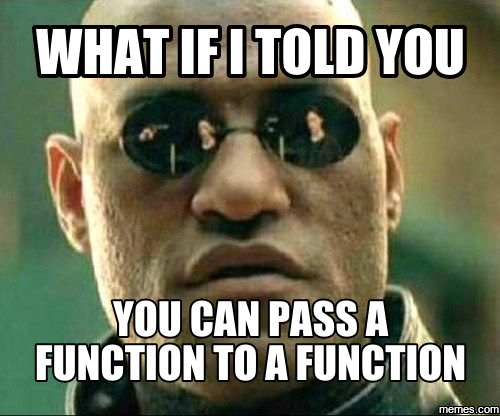 What was intended to be a brief inquiry quickly developed into a long-term obsession. I was enamored by the seemingly endless variety of programming languages available to the would-be programmer. Over the course of 7 years, I bounced between Ruby, Java, Perl, C, Prolog, Pascal, Ada, Common Lisp, Scheme, Haskell, Standard ML, and even occasionally revisited Python and C++. I discovered an affinity for the functional programming languages such as Haskell and Standard ML, as these languages possess high-level language constructs such as algebraic data types, first-class functions, and pattern matching that I found to be both mind-bending and aesthetically pleasing. As an unfortunate byproduct of my sort of “language attention deficit,” I spent more time sampling the different languages than I did composing complex programs in any one language. If I was to become an accomplished software developer, I needed to find a way to narrow my focus.
What was intended to be a brief inquiry quickly developed into a long-term obsession. I was enamored by the seemingly endless variety of programming languages available to the would-be programmer. Over the course of 7 years, I bounced between Ruby, Java, Perl, C, Prolog, Pascal, Ada, Common Lisp, Scheme, Haskell, Standard ML, and even occasionally revisited Python and C++. I discovered an affinity for the functional programming languages such as Haskell and Standard ML, as these languages possess high-level language constructs such as algebraic data types, first-class functions, and pattern matching that I found to be both mind-bending and aesthetically pleasing. As an unfortunate byproduct of my sort of “language attention deficit,” I spent more time sampling the different languages than I did composing complex programs in any one language. If I was to become an accomplished software developer, I needed to find a way to narrow my focus.
Building a Foundation
 I decided that the best way to re-approach the field of computer science from first principles would be to head back to school, which brings me to the current point in my journey. I have been enrolled in the B.S. in ICS program here at UH Manoa for two, going on three semesters now. During this time, I have been solidifying my knowledge of the basics of theoretical and applied computer science, with the goal of transitioning into a master’s degree program. I have also been blessed with the opportunity to participate in a project to develop an implementation of the Scheme programming language, which happens to be my favorite language of all. Coming back to school has turned out to be a positive experience, and I feel that my skills as a software developer have improved exponentially in this relatively short amount of time.
I decided that the best way to re-approach the field of computer science from first principles would be to head back to school, which brings me to the current point in my journey. I have been enrolled in the B.S. in ICS program here at UH Manoa for two, going on three semesters now. During this time, I have been solidifying my knowledge of the basics of theoretical and applied computer science, with the goal of transitioning into a master’s degree program. I have also been blessed with the opportunity to participate in a project to develop an implementation of the Scheme programming language, which happens to be my favorite language of all. Coming back to school has turned out to be a positive experience, and I feel that my skills as a software developer have improved exponentially in this relatively short amount of time.
Facing the Future
 In the future, I hope to find creative ways to blend my background as a biologist, enthusiasm for programming languages and theory, and passion for software development together. I am looking forward to learning full stack development in MeteorJS this semester in ICS 314. Web development is a domain that I have had little to no prior exposure to, so I am looking forward to acquiring a new set of skills. My hope is that I will develop a modicum of good taste, intuition, and creative vision that will enable me to produce large-scale applications that solve real-world issues.
In the future, I hope to find creative ways to blend my background as a biologist, enthusiasm for programming languages and theory, and passion for software development together. I am looking forward to learning full stack development in MeteorJS this semester in ICS 314. Web development is a domain that I have had little to no prior exposure to, so I am looking forward to acquiring a new set of skills. My hope is that I will develop a modicum of good taste, intuition, and creative vision that will enable me to produce large-scale applications that solve real-world issues.